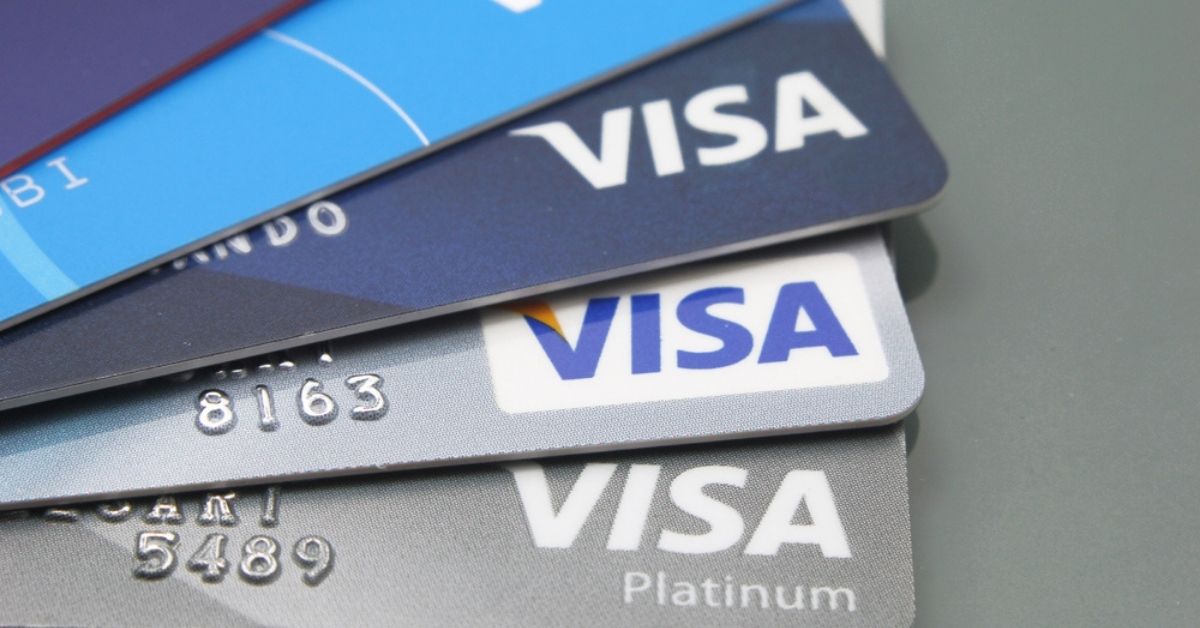Visa wants to step up its corporate payments play by including B2B payments as an option in its corporate credit cards segment
The credit cards major invested in PayMate, a B2B payments automation startup, in 2019
The company is looking for long-term partnerships across all of the value chain of corporate and B2B suppliers
Visa, the credit cards major, is exploring partnerships with fintech startups for B2B payments to shore up its corporate card-based solutions. These services will include payments to suppliers, reconciliations and GST-based payments.
The company is looking for long-term partnerships across all of the value chain of corporate and B2B suppliers. Sandeep Ghosh, group country manager for Visa India and South Asia, told ET that the credit card major will look to explore investment opportunities in some fintech startups.
Ghosh said, “In the recent last few years, there has been an adoption of corporate and commercial cards for statutory payments like GST, procurement where businesses are understanding the benefits of adopting card-based payments and it is a big opportunity,”
Currently, the company is scouting for fintech startups working in the area of dynamic underwriting solutions. Visa wants to enable more small and medium businesses (SMBs) by providing them with a credit line via its credit card offerings.
In July 2019, Visa participated in the $25 Mn Series D round of B2B payments automation platform PayMate. The startup, which also hired an ex-Visa employee as an independent director, allows SMBs to automate their procure-to-pay (P2P) payments.
Currently, Visa’s competitors in the segment include the likes of Clear, formerly Cleartax. The Bengaluru-based fintech SaaS and tax filing startup have recently acquired Xpedize, a Gurugram-based supply chain financing startup.
The acquisition of Xpedize has allowed Clear to enter into credit for SMBs and B2B payments, similar to Visa’s play.
Visa and Mastercard, two of the biggest names in credit cards, have been long-term stakeholders in India’s fintech ecosystem. Last year, Mastercard invested in Instamojo, the B2B fintech platform. Before that, in 2020, the credit card company participated in a $5.4 Mn funding round of fintech SaaS startup Signzy.
Mastercard also had invested in IPO-bound PoS unicorn Pine Labs in 2020.
Visa has been partnering with startups to offer co-branded debit and credit cards as mentioned before. Another example to add here is the fintech startup Open.
In 2019, Visa partnered with fintech unicorn Open for a business card offering for SMBs and startups, similar to what it is exploring currently. Visa was also a partner with fintech major Paytm for the latter’s debit card offering that was launched in 2019.
Visa’s B2B Play
According to Visa, a quarter of all the card payments for the industry in India are B2B payments. Most of these payments were accounted for by corporate use cases such as employee travel and entertainment before the pandemic.
Post the pandemic, almost four-fifths of the card-based B2B payments were supplier-related settlements and payments to SMBs and vendors, Visa added. Since employee travel and entertainment has reduced to 20% at present, the credit cards company wants to step up its game in B2B.
“The B2B (payment) flow is still an underpenetrated market in India as compared to Europe and other markets,” Ghosh said. “India is poised for further adoption of digital payments in the future.”
Visa expects that B2B payments will roughly contribute to 50% of transaction volumes on its network in the country with business-to-consumer (B2C) contributing the rest.
“India is a huge focus market (for Visa) where we see a hyper-growth potential for the next many years,” Ghosh said. “The reason why we are bullish is because of the rapid digitisation and ever-increasing ecommerce payment volume… India continues to be in the top five international markets for Visa in terms of future growth.”









